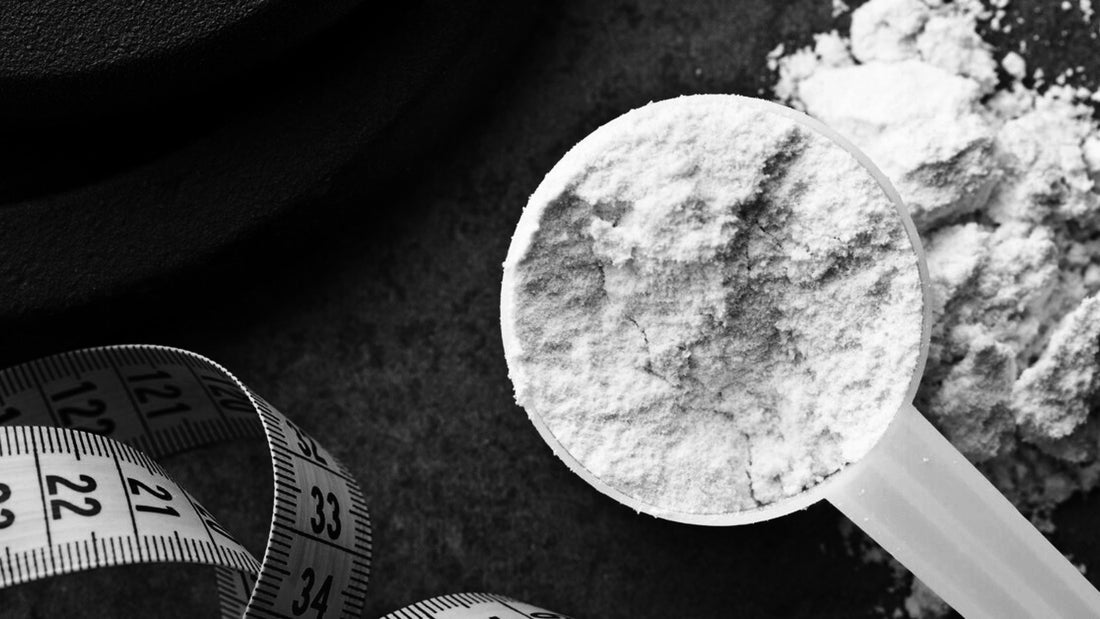
The Truth About Obsessing Over Protein
Protein has been put on a pedestal in the fitness world - and for good reason. It’s essential for building and repairing muscle. It keeps you fuller for longer. And it plays a major role in recovery and lean tissue growth.
But somewhere along the way, a useful tool turned into an obsession.
Lifters are guzzling shakes, eating double portions of meat, and worrying if 150g of protein might not be enough. “More protein” has become the go-to solution for plateaus, slow growth, or fat loss struggles - as if hitting 250g a day will unlock new gains.
Here’s the truth: once your body has enough protein for what it needs, more doesn’t help - and it might even work against you.
How Much Protein Do You Actually Need?
For most lifters, 0.7 to 1.0 grams of protein per pound of bodyweight per day is enough to support muscle growth, maintenance, and recovery. If you weigh 170 pounds, that’s 120–170 grams per day. You don’t need to go much higher unless you’re in a very aggressive fat loss phase or have specific needs (very lean, very active, etc.).
Going well above that - 200, 250, even 300g for an average-sized person - doesn’t make you more anabolic. It just means you’re eating more than your body can use for muscle repair. After that ceiling is reached, the excess is either used for energy or converted to glucose, and potentially stored as body fat if you're eating in a calorie surplus.
Protein Isn’t “Free” - It Still Contains Calories
Many lifters treat protein like a zero-cost nutrient - as if it doesn’t count toward fat gain. But protein still provides 4 calories per gram, just like carbs. And although it has a higher thermic effect, those calories still matter.
If your overall calorie intake is higher than your body needs - whether from chicken, steak, or Snickers - the excess will be stored. Muscle growth isn’t unlimited, and the idea that you can force more size by flooding the system with extra protein just isn’t backed by how the body works.
More isn’t better. Enough is enough.
What About Carbs and Fats?
Just like protein, your body has specific needs for carbs and fats too.
- Carbs fuel training, support recovery, and help preserve muscle in a deficit. Once those needs are met, excess carbs are stored as fat if you’re in a calorie surplus.
- Fats are essential for hormone function, joint health, and absorption of key nutrients - but eating more fat than your body can use doesn’t build muscle either. It gets stored.
So if you’re eating more of any macronutrient than your body actually needs, and your calorie intake is too high, the extra will be stored - even if it came from “clean” foods.
The Real Fix Isn’t More Protein - It’s More Precision
If your progress has stalled, don’t assume the answer is to add another scoop of whey. Ask better questions:
- Are you actually training hard enough - or just staying busy in the gym?
- Are you recovering properly between sessions?
- Are you in the right calorie zone for your goal - not too low, not too high?
- Are you spreading your protein evenly across meals - or loading it all in at once?
Most people aren’t protein-deficient. They’re effort-deficient, structure-deficient, or trying to make up for weak training with extra food.
Eat Enough Protein - Then Move On
Protein is important. But once your needs are met, eating more won’t make up for what your training, sleep, and structure are missing. Instead of obsessing over hitting 250g when you need 160g, focus on executing what already works.
Get your protein in. Train hard to failure. Recover fully. And keep it simple.
That’s what builds a better body - not an extra chicken breast before bed.
